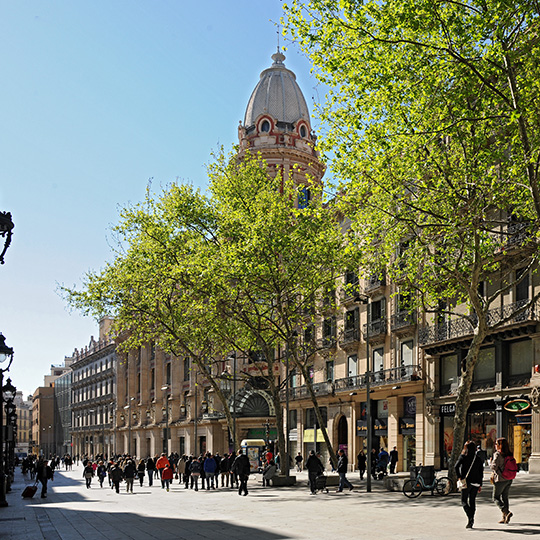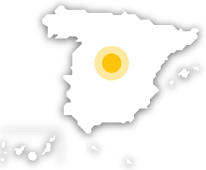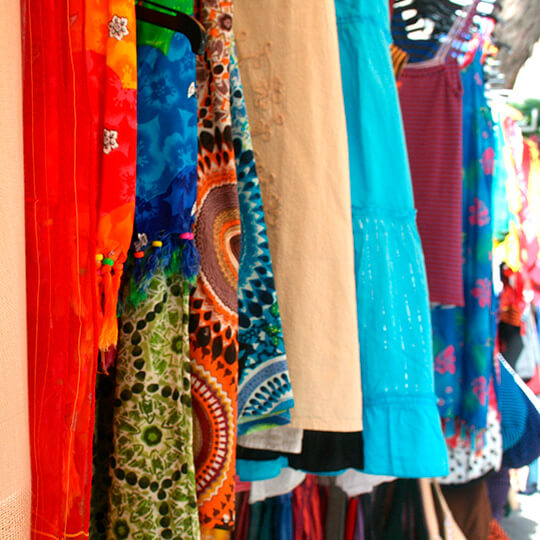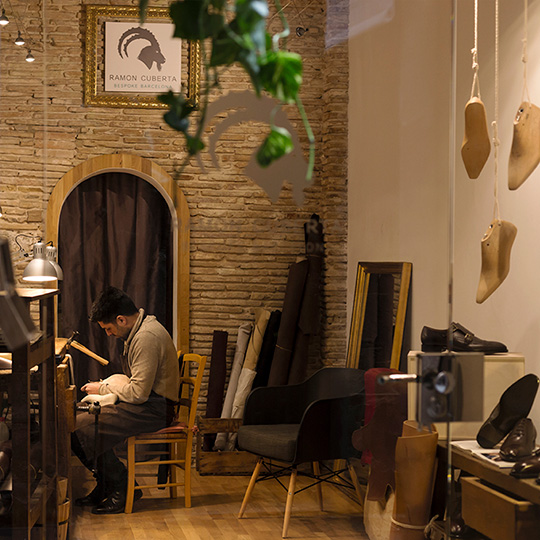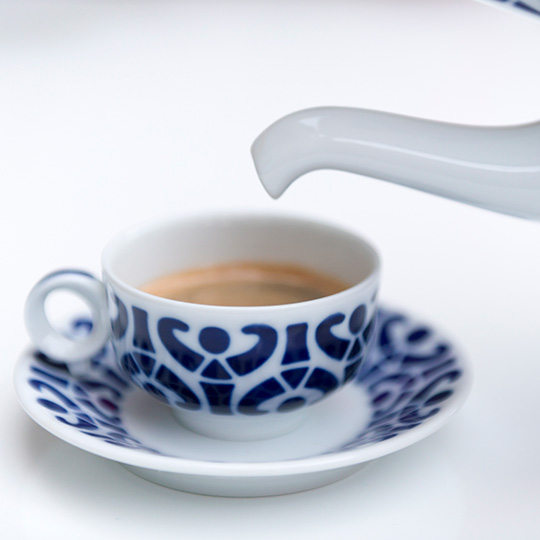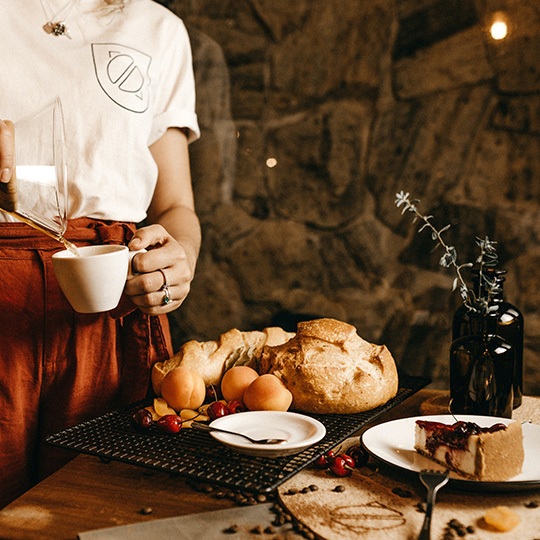Go window shopping to see luxury brands and boutiques; soak in the scents and colours of traditional markets; note the clash of old and new where folk craft meets avant-garde design; wander historic streets in search of music, books and antiques; and enjoy department stores and malls with all the services you might need. The shopping experience in Spain is as wide-ranging as your imagination. Just one condition: make sure you leave enough room in your suitcase.
From city centres to shopping centres
What are the best areas for shopping in Spain?In most of the cities and towns you visit, the best options are in the centre. In addition, in large cities, there are usually more or less specific areas depending on your preferences: the luxury shopping neighbourhoods (like the Salamanca district in Madrid or Passeig de Gracia in Barcelona), places with modern, alternative design and fashions (Soho in Malaga or Malasaña, in Madrid) areas full of traditional shops (such as around Plaza Redonda in Valencia, or Gothic quarter) and craft workshops, in neighbourhoods like Triana in Seville.Another option, especially if you’re looking for fashion and accessories, perfumes and cosmetics, or electronics, is a visit to the large shopping centres and department stores you’ll find in many cities.
